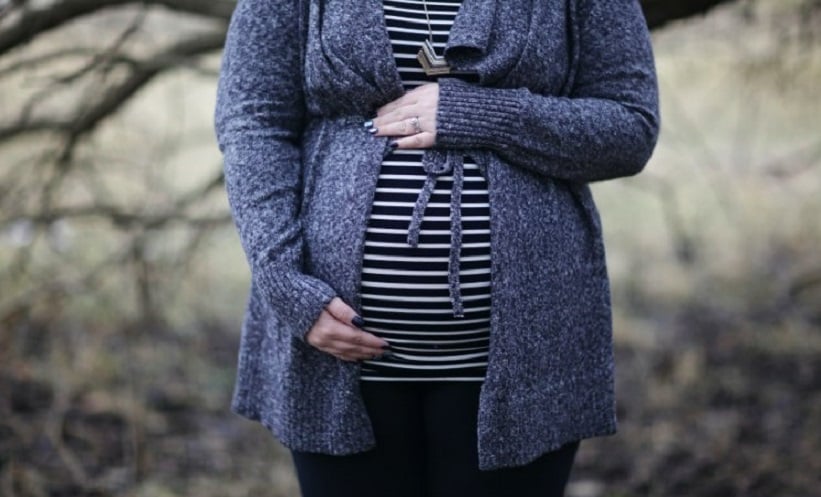A POPULAR fertility treatment has been associated with higher heart risks during delivery. Alongside serious cardiovascular complications during birth, there is also an increased probability for longer stays in hospitals with higher costs (3 days versus 2 and 5,903 USD versus 3,922 USD respectively).
Prior research concluded that assisted reproductive technology (ART), in which eggs or embryos are manipulated in order to improve the chances of becoming pregnant, increases the risk of pregnancy complications, including premature birth, the necessity for caesarean section delivery, and placental separation. ART includes in vitro fertilisation with fresh or frozen embryos, the direct injection of sperm into the egg to fertilise it, or the chromosomal testing of embryos before they are transferred into the uterus. While still a relatively rare treatment, the Centers for Disease Control and Prevention (CDC) has found that ART use has doubled during the last 10 years in the USA, and now accounts for 2% of total yearly births.
Researchers analysed hospital data using the National Inpatient Sample, which included information on almost 46 million births, 108,542 using ART, across the USA between 2008–2019. In comparison to females who achieve natural conception, those who used ART tended to be older when they delivered their babies (median age: 35 years versus 28), and already had more risk factors for cardiovascular complications, including gestational diabetes, high cholesterol, and high blood pressure.
Despite adjusting controls to include these and other differences, analysis discovered that females who conceived with ART had a significantly higher risk for cardiovascular-related complications during birth. Those using ART were 48% more likely to have pre-eclampsia, almost twice as likely to experience heart failure during delivery, and 39% more likely to have an irregular heartbeat. There was also a 73% higher chance of having a clot-caused stroke, 63% of a bleeding stroke, a 2.6-times elevated risk for acute kidney damage, and twice the likelihood of pulmonary oedema and venous thromboembolism.
Senior author Erin Michos, Direction of Women’s Cardiovascular Health at Johns Hopkins Ciccarone Center for the Prevention of Cardiovascular Disease, Baltimore, Maryland, USA, commented: “It is not necessarily that reproductive technologies are causing the cardiac complications. It may be that women with infertility are at greater risk for cardiovascular complications due to age and other health problems.” Michos suggests that these patients should be given “closer attention” during their pregnancy and in the delivery process, as well as postpartum.








